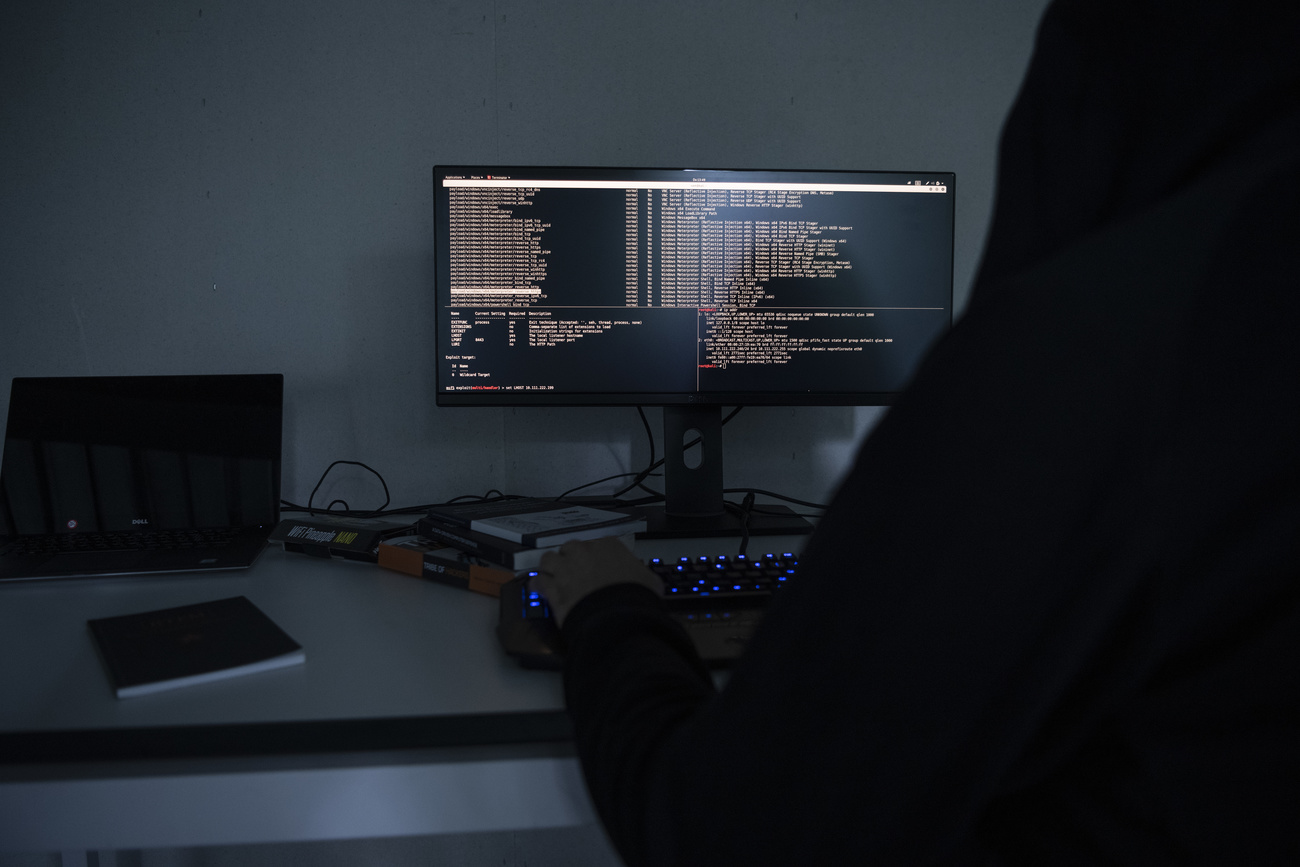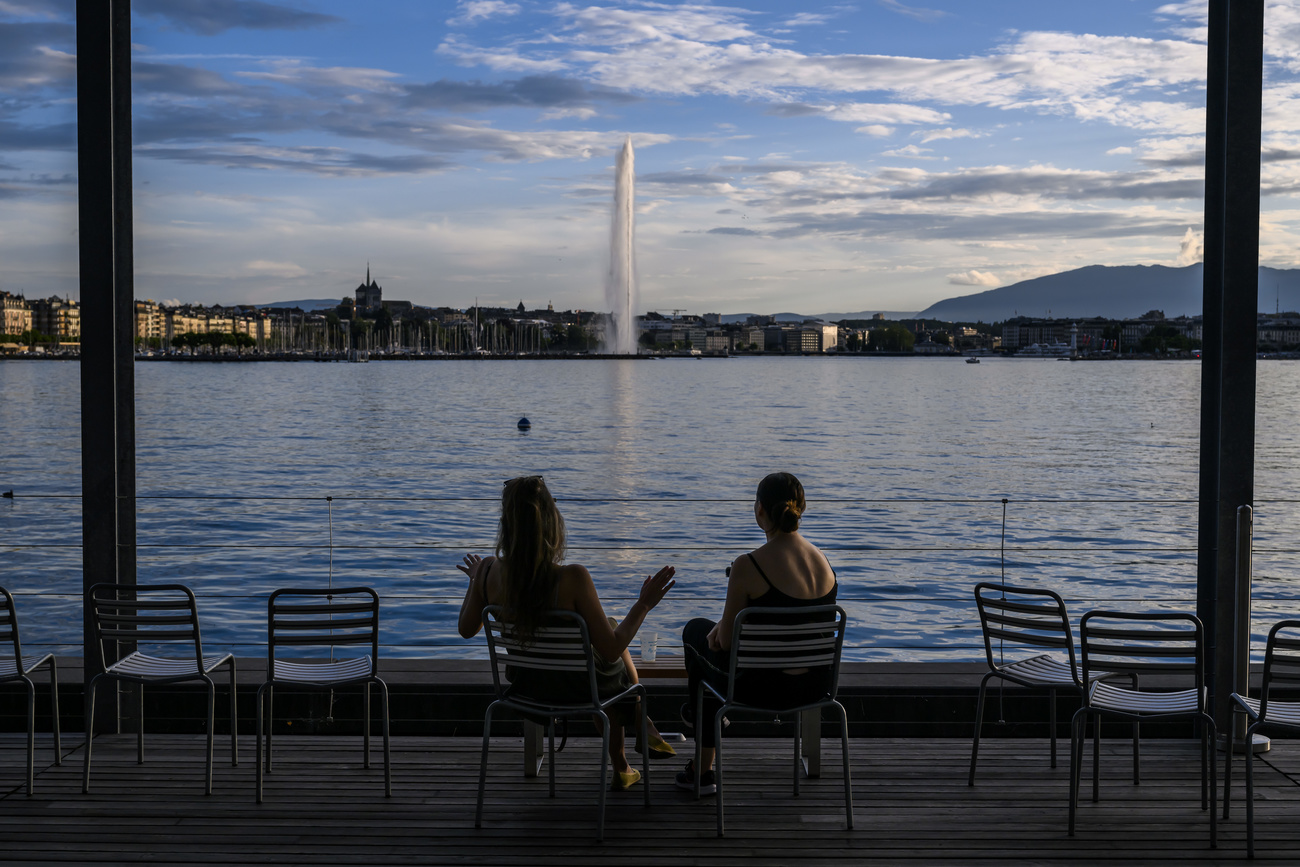
Swiss parliamentary committee in favour of expulsing foreign spies

The Swiss government should consistently expel Russian and other foreign spies from the country, says a motion passed by a foreign affairs parliamentary committee on Tuesday.
The foreign affairs committee of the House of Representatives passed the motion by 11 votes to 9 with one abstention. If both the House and the Senate approve the motion, the government will be forced to consistently expel all foreign persons who endanger Switzerland’s internal or external security or the role of Switzerland as a host state by engaging in prohibited intelligence activities, if they cannot be prosecuted for these activities.
The committee said that spying activities compromise not just sensitive information and secrets of the country, of citizens or of companies but also freedom of opinion and assembly of certain communities. Switzerland’s reputation as a safe host state would also be jeopardised.

More
Switzerland’s hands-off approach to espionage
A small number of committee members, however, support the current practice of the government, which has been reluctant to expel or convict employees of foreign intelligence services as long as their espionage activities do not threaten Switzerland’s internal security.
Since the outbreak of the war against Ukraine, Russia’s espionage activities in Switzerland have increased, according to the Federal Intelligence Service. Prohibited intelligence service is punishable in Switzerland. However, persons who belong to a diplomatic corps often invoke diplomatic immunity in connection with prohibited intelligence.
Rejection of G7 task force
On Tuesday the foreign affairs committee also rejected by 13 votes to 10 with one abstention a motion calling for Switzerland to join the Group of Seven’s Russian Elites, Proxies and Oligarchs Task Force. The committee sided with the government on the opinion that cooperation with the task force is working well at the technical level and that joining would not bring any added value.
This news story has been written and carefully fact-checked by an external editorial team. At SWI swissinfo.ch we select the most relevant news for an international audience and use automatic translation tools such as DeepL to translate it into English. Providing you with automatically translated news gives us the time to write more in-depth articles. You can find them here.
If you want to know more about how we work, have a look here, and if you have feedback on this news story please write to english@swissinfo.ch.

In compliance with the JTI standards
More: SWI swissinfo.ch certified by the Journalism Trust Initiative































You can find an overview of ongoing debates with our journalists here . Please join us!
If you want to start a conversation about a topic raised in this article or want to report factual errors, email us at english@swissinfo.ch.